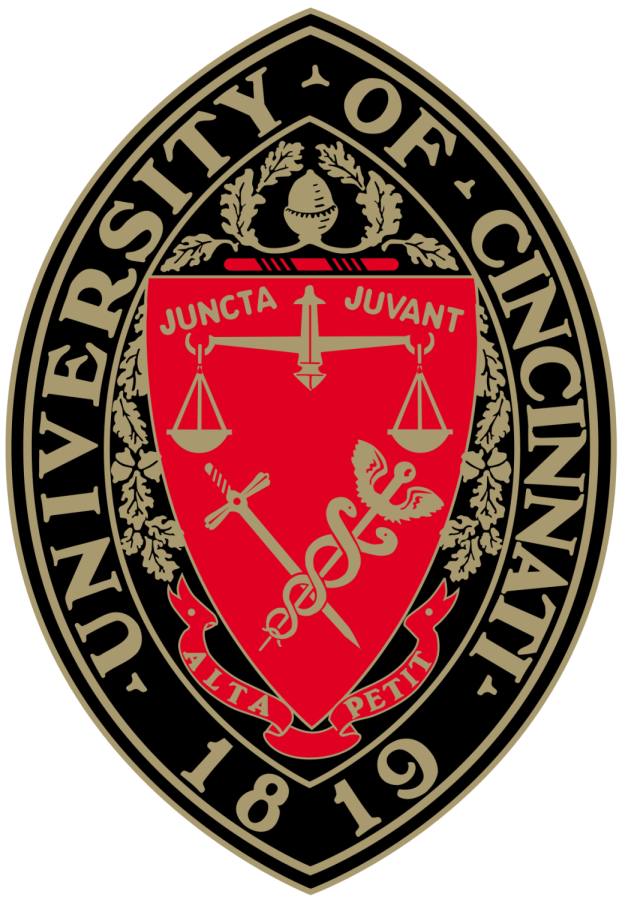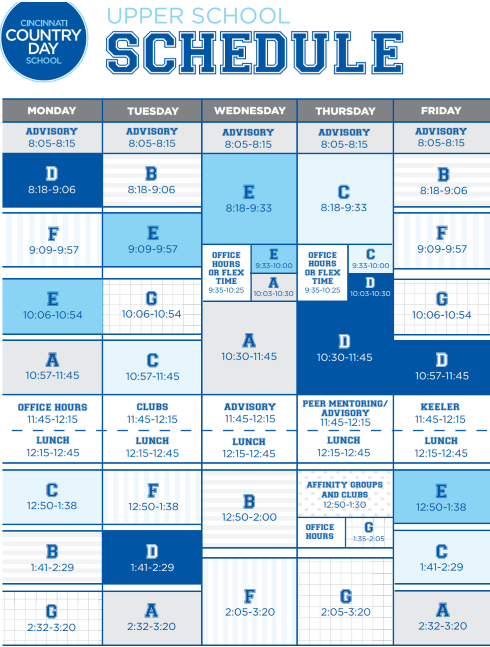Compiled by Kathryn Black, ’11, The Lens Section Editor and Kate Taylor, ’11, The Lens Editor.
This year’s seniors have chosen their college destinations, which consist of a prestigious list of colleges and universities from every part of the country. While the list mirrors the ability of the Class of 2010, it is only one of their many achievements. From Academic Team and Science Olympiad successes to excellence on the playing field to their long history of community service projects, this class will be remembered for many things, not to mention their impressive writing skills. This is the college essay of senior Xanni Brown, who has chosen to attend Harvard University this fall.
Xanni Brown’s essay:
When I was younger, I knew with utter certainty that I was invincible. I scraped through childhood with more bruises and band-aids than most girls, but I always bounced back to my feet. Although I was invariably the smallest kid on the basketball court, I never gave up, no matter how many knees I took to the face. I played every available sport and I never, ever missed a game or even a practice. It was a matter of pride. Gradually, as I grew older, I focused in on a few favorite sports, and by middle school, I was a certifiable soccer player.
I was not, however, a natural soccer player, and when I moved up to the Classics’ premier team I discovered how truly out of my depth I was. On my first day, I was convinced that I must have accidentally wandered into an older group’s practice, since there was no way any mere thirteen year old could be as good or as tall as my newfound teammates. My coach was the most terrifying man I had ever met – he swore when we messed up and ran us well past the point of exhaustion and straight on into that murky area where depth perception gets to be an impossible effort (and you walk straight into goalposts because avoiding them is just too much work). I grew extremely familiar with that stage of delirium as I pushed myself to work harder on my own and at practice. Despite my best efforts, I was unqualified deadweight for my first season, but my teammates encouraged me with amazing patience as I developed, painfully slowly, into a contributor to the team’s success.
When our spring season began in February, I had worked my way into the starting lineup, and was once more feeling that old sense of invincibility. Then in March, I tore my Anterior Cruciate Ligament. I knew it, too, before I even hit the ground. Every female soccer player hears about ACL tears. It is our bogeyman, whispered about in dark hotel rooms at tournaments far from home. Describing the sickening pop of a demolished ligament is our version of a ghost story, invariably accompanied by a macabre pantomime of a Tibia and Femur sliding into nothingness. So as I lay there in the grass clutching my newly-shredded knee and promising myself I would get back on the field, I knew exactly what I was getting into.
The needs of a soccer player are simple and impossible: a great team, a decent coach, and the ability to keep playing forever. Even though I was injured, I never doubted that I would regain those basic rights. My teammates sent me cards and cookies shaped like soccer balls and assured me that they could not wait for me to get back on the field. My coach, in his typical gruff manner, told me to hurry back and not do anything stupid. I reassured myself of the permanence of my soccer career with the comforting fallacy that there was some cosmic adversity tally and I was just “paying my dues,” that I had led a remarkably charmed life so far, and that it was about time I got hurt so that I could have the surgery, do the rehab, and put all of that injury nonsense behind me.
It was an agonizingly long six months, but when the fall finally came my only concern was getting back in the game. For those last few weeks of recovery, I felt like unnecessary caution was the only thing keeping me from the field (and therefore true happiness), and there were times when my teammates practically had to sit on me to keep me on the bench. In October, I made my much-anticipated yet entirely unspectacular return. I played about 30 minutes against a poor team and did nothing particularly interesting.
Maybe if I had learned more patience during my recovery I wouldn’t have asked my coach to put me back in a game we were obviously going to win with only six minutes left. My obsession with getting back in the game enabled my recovery and ensured its undoing. Irresolvable paradoxes aside, I subbed back in, and with three minutes left, number 15 kicked me in the leg in a very real and very permanent way. I didn’t know until three days later that I had re-torn my ACL.
Athletes don’t tell stories about the second time they get hurt. A lot of them take the cosmic hint and hang up their jersey. For others, it just isn’t as big of a deal as that first, crushing injury. I kept quiet because I was convinced my world was ending. During my first recovery, I was so preoccupied with soccer that I never even thought about my knee’s other important uses. When it suddenly became very clear that knee injuries could be a reoccurring problem for me, I remembered that I loved basketball, skiing, football, running, tennis, and climbing mountains. I realized that if I stuck with soccer, I might keep tearing through ligaments and that eventually they would run out of ways to fix me. More importantly, I realized that I would keep strapping on my shinguards until every orthopedic surgeon barred his door. Instead of deluding myself with pretensions of invincibility, I made my peace with the huge risk of injury by recognizing that my love of the game far outweighs any worry it causes. I play with fear now, and it can certainly make the game more difficult, but I didn’t start playing soccer because I thought it would be easy.
Photo by Kathryn Black, ’11, The Lens Editor









